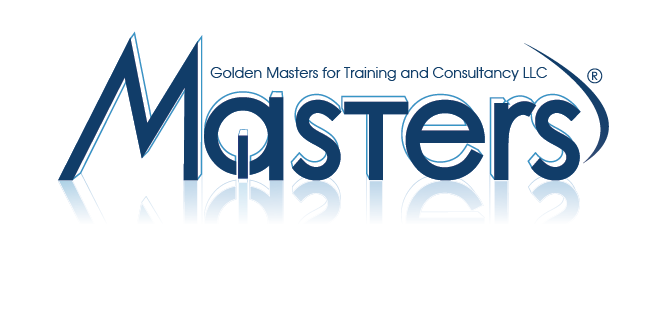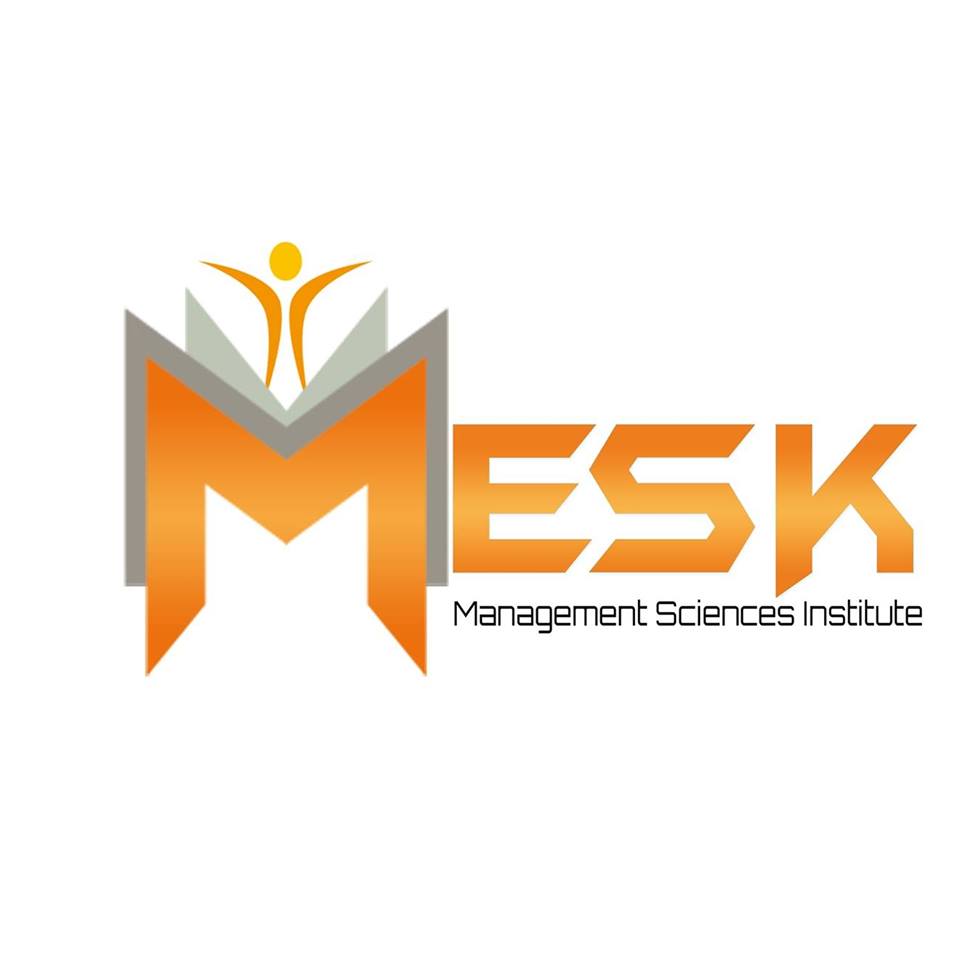At completion of this 5-day course, the participants will be have an in- depth understanding of the ASME B31 design, construction, inspection and testing rules; as well as their application to integrity assessment of operating systems and

At completion of this 5-day course, the participants will be have an in- depth understanding of the ASME B31 design, construction, inspection and testing rules; as well as their application to integrity assessment of operating systems.
The participants will gain an in-depth knowledge of pipe and fitting material specifications, fabrication process and influence on mechanical properties of strength and toughness, to help in material selection and failure analysis.
The participant will understand the technical background to the design equations, and their application to the design of piping systems and pipelines.
The course addresses rules of good practice in layout of piping systems for reliable operation. The course provides an in-depth, step-by-step review of operating transients in piping systems and pipelines, their cause, and the methods for their analysis.
Course Objective
The course covers construction and welding practices, weld inspections, weld flaws and acceptance criteria. The course covers hydro testing methods and alternative leak detection techniques. The participant will gain a practical understanding of piping and pipeline corrosion mechanisms, how to recognize them, classify them and resolve them.
The participant will be introduced to the latest techniques and research in piping and pipeline integrity to analyze a degraded condition due to either corrosion or mechanical damage.
The participants will review case histories of field failures and will evaluate their cause and solutions to avoid recurrence.
Course Certificate
Masters Consultant certificate will be issued to all attendees completing minimum of 75% of the total tuition hours of the Course.
Who Should attend?
The course is intended for engineers, maintenance technicians and inspectors responsible for the design, integrity, maintenance and repair of pipelines and piping systems.
Course Outline
DAY 1 – MATERIALS AND SIZING INTRODUCTION
History of Pipeline Technology
ASME Codes and Standards API Standards NACE, MSS-SP, PFI Standards
Fundamentals of Maintenance and Integrity
MATERIALS API 5Land ASTM Specifications
Practical Aspects of Metallurgical Properties
Chemistry and Material Test Reports
Fabrication of Line Pipe and Forged Fittings
Mechanical Properties: Strength and Toughness
OPERATING AND DESIGN PRESSURE
How to Establish the System Design Pressure
Introduction to Pressure Relief Valves
Pipe and Pipeline Sizing Formula with Applications
DAY 2 – INTEGRITY FOR SUSTAINED LOADS LAYOUT AND SUPPORT
Rules of Good Practice in Layout Pump and Compressor Piping
How to Support a Piping System
Review of Support Types and Their Application Lessons Learned from Poor Support Practices
TEMPERATURE EFFECTS
Flexibility Layout Analysis
Temperature Transients and Fatigue Damage
VIBRATION IN SERVICE
Mechanical and Hydraulic Induced Vibration in Piping
How to Measure, Analyze and Resolve Vibration
DAY 3 – INTEGRITY FOR OCCASIONAL LOADS PRESSURE TRANSIENTS
Recognizing and Solving Liquid Hammer Pump Station Transients
Study of Pipeline Failures Due to Transients
Two-Phase Liquid-Vapor Transients
Two-Phase Liquid-Gas Transients
Gas Discharge Transients
BURIED PIPE
Soil Loads
Surface Loads Expansion of Buried Pipe
Soil Settlement
In-Service Movement of Pipeline
PIPELINE FAILURES
Study of Case Histories
Understanding Why Failures Occur and How to Avoid Them
DAY 4 – MATERIAL FLAWS AND INSPECTIONS WELDING
Overview of Pipe and Pipeline Welding Practice
API 1104 and ASME IX Requirements Welding In-Service: Challenge and Solutions
INSPECTION
Weld Inspection Techniques
Pigging Technology: Overview of Utility and Smart Pigs
Overview of Regulations for In-Line Inspections
FLANGE AND MECHANICAL JOINTS
Overview of Different Types of Flanges and Application
Gasket and Bolt Selection
Causes of Flange Leaks and How to Resolve
Case Study of Flange Failure Assembly of Flange Joints and Leak Tightness
PRESSURE AND LEAK TESTING
The Difference Between Leak Testing and Pressure Testing
Review of Different Testing Techniques
The Purpose of Hydrotest
How to Conduct a Hydrotest Pipeline and Piping Systems
Testing Pneumatic Testing
DAY 5 – CORROSION, ASSESSMENT AND REPAIRS CORROSION
Introduction to Practical Corrosion
Classification of Corrosion Mechanisms
General Wall Thinning Local Corrosion: Galvanic Effects Crevice
Corrosion Pitting
Corrosion Environmental Effects
Hydrogen and H2S Effects
Microbiological Corrosion
Corrosion Protection
Cathodic Protection
Overview
MECHANICAL DAMAGE TO PIPELINES
Dents and Gouges
Ripples and Buckles
FITNESS-FOR-SERVICE OVERVIEW
Application of ASME B31G to Determine Remaining Life Application of API 579 to General and Local Corrosion Analysis of Dents and Gouges in Pipelines
How to Evaluate Cracks in Piping and Pipelines
REPAIR TECHNIQUES
The New ASME Repair Standards
The Fundamentals of Repair Packages
Pipe and Component Replacement
Grinding and Welding
Welded Sleeve: Type A and Type B
Flush Patch
Repair Fillet
Welded Patch
Weld Overlay
Repair Mechanical Clamp with Sealant Injection
Mechanical Clamp without Sealant Injection
Insertion Liners Painted and Brushed Liners Pipe Coating
Masters Training Company was established in response to the growing need for quality training to support the business community within your Company, Department or Organization by providing a high standard of Training Programs, Courses, Seminars, Workshops and Consultancy Services to employees in a very competitive business environment.
Masters is also an approved vendor from KHDA & ILM
(Institute Review)
55 years ago(Institute Review)
55 years ago
'Pipeline and Piping Design, Installation, Operation, Inspection, Maintenance, Repair, FFS, Integrity & Rehabilitation (ASME B31 & API 579 Standards)' training is offered by Mesk Management Sciences Institute. Kindly contact us to inquire an

'API 570: Piping Inspection Code (Inspection, Repair, Alteration & Rerating of In-Service Piping Systems (API Exam Preparation)' training is offered by Mesk Management Sciences Institute. Kindly contact us to inquire and find out about the s

'ASME B31.3, Process Piping Design, Construction & Mechanical Integrity (ASME B31.3 & API570)' training is offered by Mesk Management Sciences Institute. Kindly contact us to inquire and find out about the schedule and complete outline.

'ASME B31 Design and Integrity Stress Analysis of Piping Systems and Pipelines' training is offered by Mesk Management Sciences Institute. Kindly contact us to inquire and find out about the schedule and complete outline.

'API 570 - Piping' training is offered by Mesk Management Sciences Institute. Kindly contact us to inquire and find out about the schedule and complete outline.
© 2025 www.coursetakers.ae All Rights Reserved. Terms and Conditions of use | Privacy Policy